
Ahead of Ghana’s 9th Presidential and Parliamentary elections scheduled for 7th December 2024, the Electoral Commission (EC) organized a special voting for security officers, electoral commission officers, media personnel, and other people who are assigned on the day of the main elections.
The EC organized special voting in 14 out of the 16 regions on 2nd December 2024. The Eastern and Western regions were rescheduled due to the recall of printed ballots. This article reviews the special voting exercise by highlighting things that went well, challenges, and lessons for credible and peaceful elections on 7thDecember. All efforts should be aimed at ensuring credible and peaceful elections, and consolidating Ghana’s multiparty democracy.
The special voting was generally peaceful across the country. In most of the centres the electoral materials arrived on time, and voting commenced on time and this must be commended. There were, however, many electoral offences that could pose threats to the upcoming elections if not addressed and the culprits punished swiftly.
These irregularities include inducement of voters, breach of ballot secrecy, and missing names. The police should also be commended for the arrests they made, and this should be applied in equal measure to all offenders irrespective of positions or political affiliations, and all persons found guilty should be punished to serve as a deterrent.
The following threats were recorded during the special voting exercise:
Vote buying or inducement of voters—many cases of suspected voter inducements were reported during the special voting. Reports from the media corroborated by video suggest that the New Patriotic Party (NPP) parliamentary candidate for Ayawaso West Wuogon was sharing food to the voters lined up to cast their ballot.
This has been described by many, including the Commissioner for Human Rights and Administrative Justice, as an attempt to induce voters to vote in her favour.
This generated tensions between the candidates for the ruling NPP and the opposition National Democratic Congress. A similar case was reported in Sagnarigu constituency where it was alleged that the financial secretary of the ruling NPP was seen giving an envelope to induce a voter (TV3, 2024; CODEO, 2024).
It is also alleged that in Keta party representatives distributed money to people who are believed to have cast their votes for certain parties. In Weija-Gbawe, CODEO reports that people believed to be NPP representatives were giving money to voters.
In the Jaman North constituency, it was reported that the police prevented the NPP local chairman and other party representatives from distributing money to voters (CODEO, 2024).
Public disclosure of cast ballots, also known as breach of ballot secrecy, was common in a number of regions. Voters were reported showing their thumb-printed ballot to the public. Some were also seen trying to take photos of their thumb-printed ballot, as was reported in Ablekuma North, Ayawaso West Wuogon, Bimbilla, Bolgatanga, Cape Coast North, Navrongo, and Walewale constituencies. The persons involved have since been arrested by the police (TV3, CODEO).
Missing names of voters—a number of voters could not find their names in the voter register. For example, in the Korle Klottey constituency, 2 voters were turned away because their names were not in the register (TV3, 2024).
A case of impersonation was reported in Ablekuma Central, where someone impersonated a security officer and voted (TV 3, 2024).
The paradox of these illegalities is that these are being perpetrated by trained security officials who are to provide security for the national elections and to prevent such electoral irregularities. This calls for more orientation for staff of the security agencies and the EC to be more professional, and also for such officials to be monitored as well.
Immediately the following actions are necessary:
In the first place, the police should act swiftly and prosecute all offenders involved in electoral offences during the special voting. It is important this is done ahead of the 7th December election to serve as a deterrent to all voters or persons who may want to disrupt the electoral process.
A lot will be expected of the police and the other security agencies to ensure that the upcoming election is credible and peaceful. They must exercise professionalism by ensuring that all offenders, irrespective of their position or party affiliation, are arrested and prosecuted. The national election security taskforce should orient and embolden officers to put the nation first and act without fear or favour.
While commending the EC for ensuring that electoral materials reach the various voting centres on time during the special voting, they should ensure same in the main elections. The EC should embolden its staff to lead the electoral processes for the conduct of the main elections without fear or favour, as any compromise could cause irreparable problems for the entire elections and the country as a whole.
The EC should strengthen its internal security systems to ensure that ballots are printed without errors or are not tampered with, so as to reduce the risk of recall of ballots in the main elections.
Also, the EC should review its reports from the 2020 elections, especially the day of voting and during the collation of results, to ensure that foolproof measures, including perfectly functioning devices, are in place to reduce the risk of errors.
The leaders of the various political parties, flagbearers, chairpersons, among others should advice their members to exercise restraint and use dialogue to resolve matters that may arise at the polling stations or collation centres.
These lessons from the special voting when implemented will reduce the threat of electoral violence and ensure that Ghana’s presidential and parliamentary elections are credible and peaceful.
The author is Edward Garr, you can reach him via [email protected]
The post Drawing lessons from the Special Voting for credible and peaceful national elections first appeared on 3News.
Read Full Story
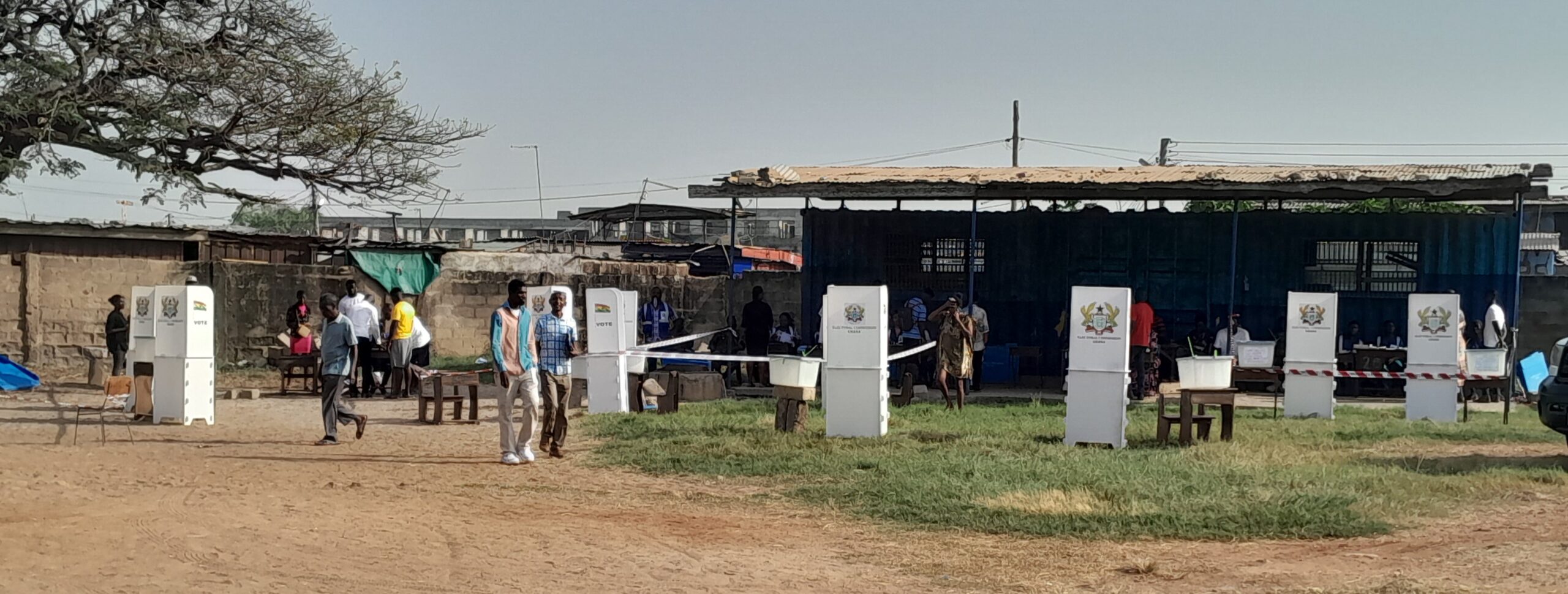
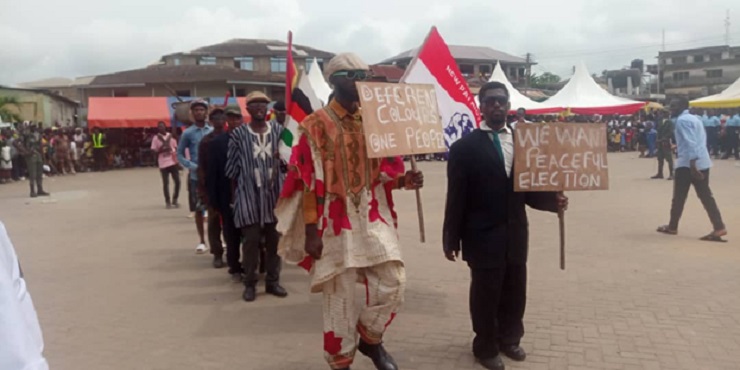
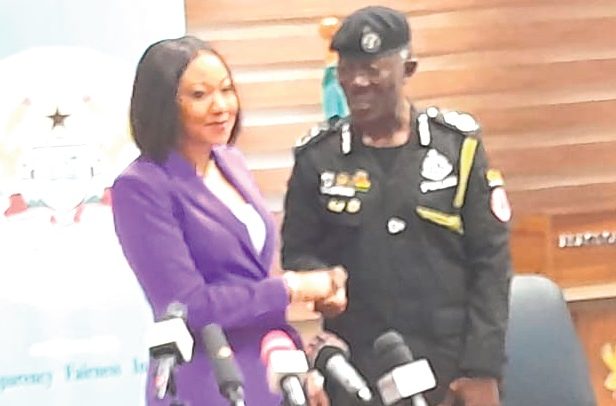


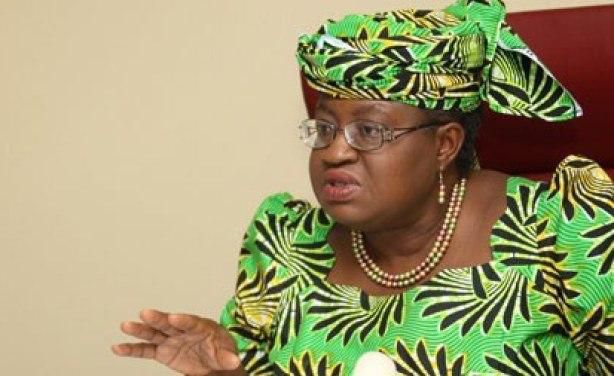



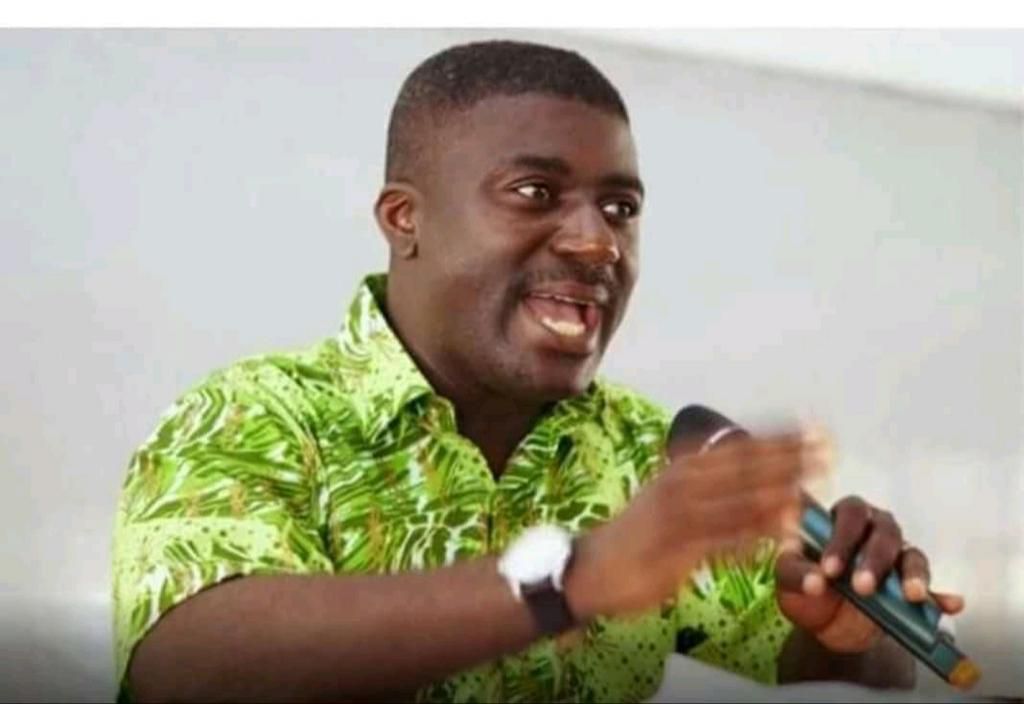
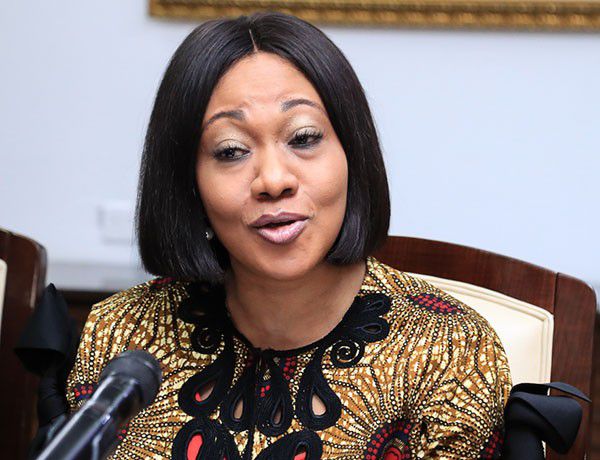




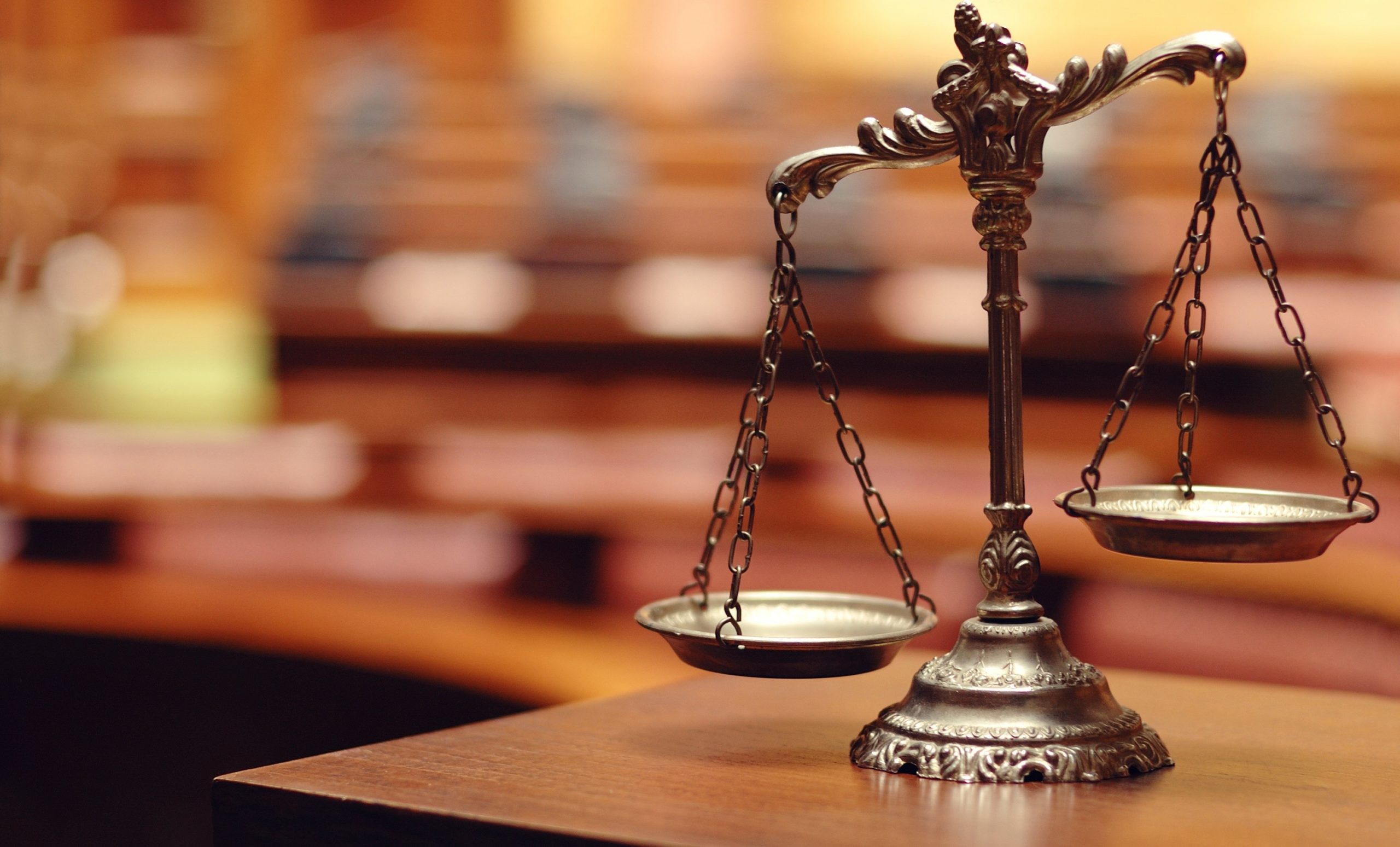



Facebook
Twitter
Pinterest
Instagram
Google+
YouTube
LinkedIn
RSS